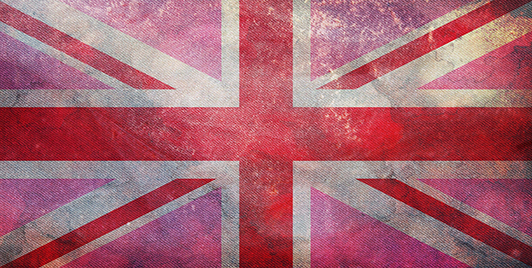
Many of us may be surprised by the intensity of emotion we are feeling after the recent death of the Queen – a woman we probably never met and certainly never knew. Yet somehow it feels like a personal loss we were unprepared for. Death at 96 is not surprising – but with the Queen’s death there may also be an odd sense of shock, and a conflicting combination of emotions that can be disorientating. We may even feel confused or guilty about crying or mourning for a stranger when we have experienced the death of those close to us more calmly.
But, as One Therapy London therapist Ceri Hiles explains, a public outpouring of grief may bring back unexpressed personal experiences of death within one’s own the family, either recent or from many years ago. ‘Long-buried feelings of loss and sadness resurface, can be powerful and sometimes that response includes unresolved grievances, or things left unsaid from the past. A flashback to a previous death can be very vivid and real. You may have been encouraged to be ‘strong’ or so overwhelmed by practical matters or supporting others that you didn’t fully accept your grief at the time.’ Ceri adds, ‘In some cases a deceased person held together certain family relationships and fractures can occur when that bond is lost which can be difficult to resolve.’ Seeing a bereavement played out before the nation can force us to confront these emotions.
One Therapy London therapist Tom Deitch sees many people who lost family or friends during the pandemic. ‘They may have been unable to say goodbye in person and been allowed only a brief, limited funeral, depriving them of the rituals that can help us accept death: seeing friends from across the country, sharing memories, music, photographs. Very public grieving, as with the death of the Queen, can bring back this sadness and an earlier grief somehow put on hold.’
After the death of his wife, the author C S Lewis wrote, ‘No-one ever told me that grief felt so like fear.’ Feeling frightened and anxious is a perfectly understandable reaction when something that has been a constant in life for so long, like the presence of Queen Elizabeth, changes suddenly, and at a time when we may already be feeling insecure about the future (for many other reasons at the moment like the uncertainties created by the Covid pandemic, Brexit and the current economic challenges facing the country). This change may make us feel out of control, as if the structure of our life is crumbling. It isn’t so much that the Queen’s death changes our future, more a reminder that life is ephemeral. Tom Deitch says, ‘When we realise that nothing is permanent, that being eternal is an illusion, it reminds us of our own mortality.’
But an outpouring of communal, collective grief can also help to connect us with other people when we might be feeling sad, lonely or isolated. It gives us all a powerful sense of belonging to a community, that our feelings are mirrored by others and therefore they are valid and real, however personal or individual. It may be brief, but it forms a bridge between people who may not otherwise communicate or share experiences and can actually open up conversations or new relationships.
Sometimes this can feel like a pressure to conform in the way we grieve (should we not go to a planned concert out of respect, or should we pretend we think the whole thing is overblown?) – but everyone is different and it’s important not to feel judged by how we can best express ourselves.
At a time of collective grieving, like when the country is mourning the death of the Queen, we might find ourselves looking for some direction from leaders of the country or the church, people who can take responsibility for guiding us through what feels like a tidal wave of unfamiliar confusion. That can be helpful – although nothing is a rule to be followed. Rituals, such as queuing to pay respects, observing a minute’s silence or simply observing public ceremonies give shape and resolution to emotions that are often difficult to articulate.
So when we are experiencing sadness, fear, anxiety or guilt, it’s helpful to remember that there is no right or wrong way to feel. Grief is often stifled or repressed, especially when we are young, because family members or colleagues want to make us feel ‘better’ or want us to ‘move on’. The traditional British stiff upper lip (as often embodied by the Queen herself) isn’t always helpful. We need to take time to think about what we have lost and our emotional responses to change and accept them for what they are – a part of what makes us an equal member of a community.
One Therapy has experienced grief and bereavement therapists if you would like to talk to someone.

